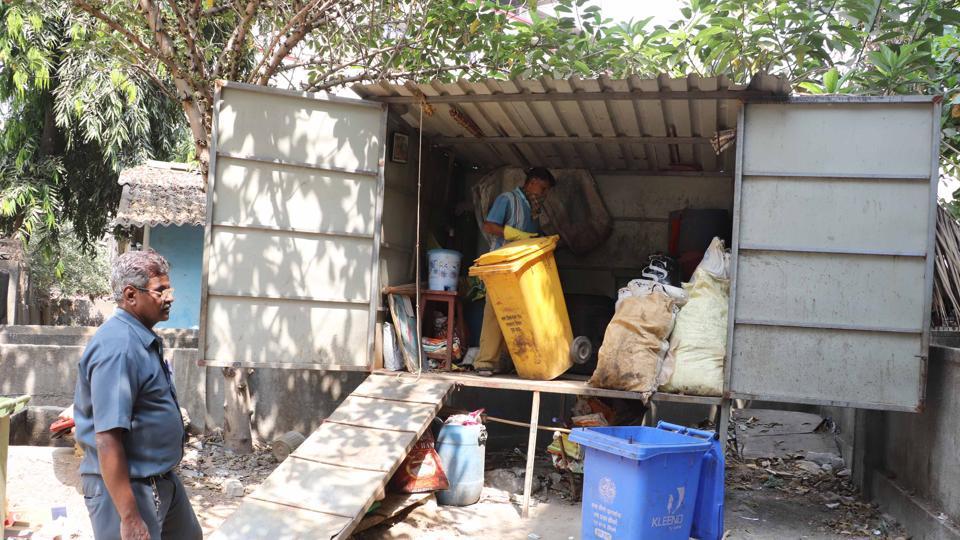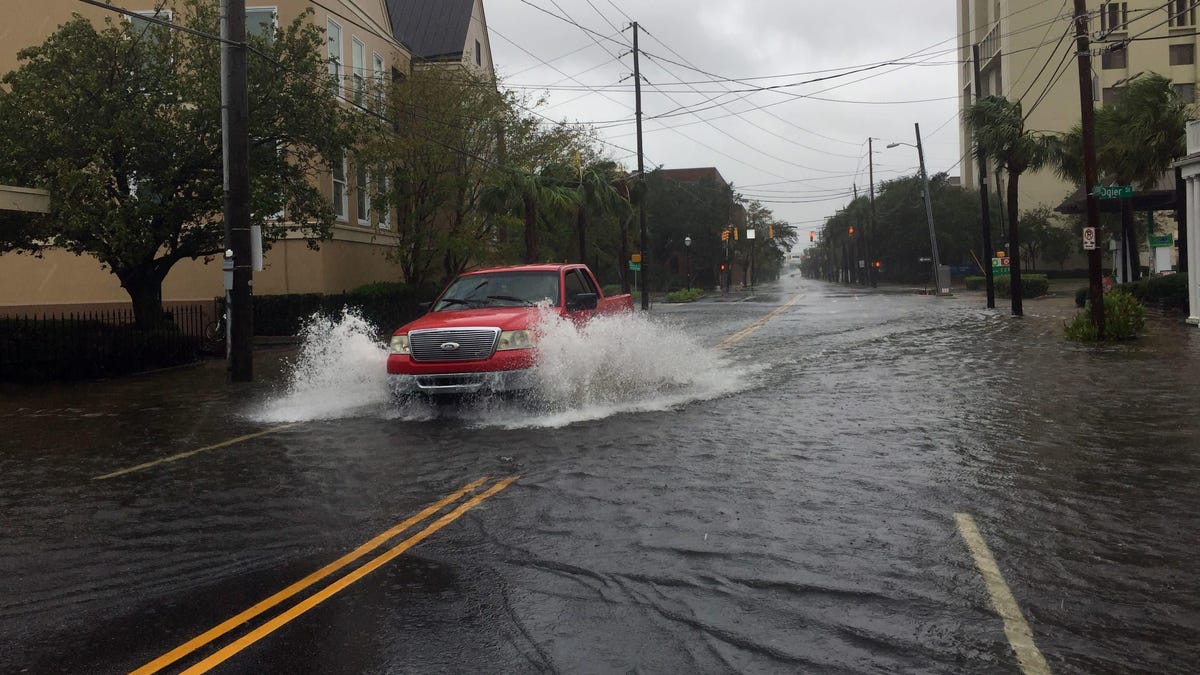
How Big Oil Misled The Public Into Believing Plastic Would Be Recycled
An NPR and PBS Frontline investigation reveals how the oil and gas industry used the promise of recycling to sell more plastic, even when they knew it would never work on a large scale.
"I remember the first meeting where I actually told a city council that it was costing more to recycle than it was to dispose of the same material as garbage," she says, "and it was like heresy had been spoken in the room: You're lying. This is gold. We take the time to clean it, take the labels off, separate it and put it here. It's gold. This is valuable."
But it's not valuable, and it never has been. And what's more, the makers of plastic — the nation's largest oil and gas companies — have known this all along, even as they spent millions of dollars telling the American public the opposite.
The industry's awareness that recycling wouldn't keep plastic out of landfills and the environment dates to the program's earliest days, we found. "There is serious doubt that [recycling plastic] can ever be made viable on an economic basis," one industry insider wrote in a 1974 speech.
Yet the industry spent millions telling people to recycle, because, as one former top industry insider told NPR, selling recycling sold plastic, even if it wasn't true.
"If the public thinks that recycling is working, then they are not going to be as concerned about the environment," Larry Thomas, former president of the Society of the Plastics Industry, known today as the Plastics Industry Association and one of the industry's most powerful trade groups in Washington, D.C., told NPR.
Here's the basic problem: All used plastic can be turned into new things, but picking it up, sorting it out and melting it down is expensive. Plastic also degrades each time it is reused, meaning it can't be reused more than once or twice.
On the other hand, new plastic is cheap. It's made from oil and gas, and it's almost always less expensive and of better quality to just start fresh.
All of these problems have existed for decades, no matter what new recycling technology or expensive machinery has been developed. In all that time, less than 10 percent of plastic has ever been recycled. But the public has known little about these difficulties.
It could be because that's not what they were told.
The article goes into detail about how in the late 80's, there was a growing outcry against plastics and how much plastic trash there was. Promoting recycling was part of an effort to clean up the image of plastic, even though the oil and plastic companies knew it wasn't actually viable.
It's disgusting, and definitely fills in the blanks about how we got to this state. The corporate lines about how recycling will be more efficient soon are exactly what they were saying back in the 90's.




